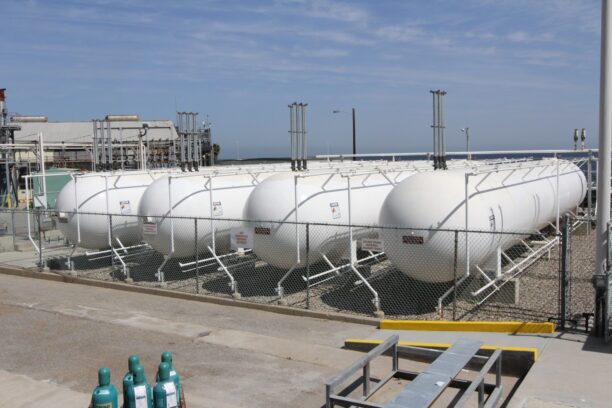Choosing the Right Propane Delivery Option
When it comes to propane delivery, homeowners have two primary options: automatic delivery and will-call delivery. Each method has its own set of benefits and considerations. In this guide, we provide an overview of both options, detailing the pros and cons of each. This information can be helpful for propane retailers to share with their… Continue reading Choosing the Right Propane Delivery Option
When it comes to propane delivery, homeowners have two primary options: automatic delivery and will-call delivery. Each method has its own set of benefits and considerations. In this guide, we provide an overview of both options, detailing the pros and cons of each. This information can be helpful for propane retailers to share with their new customers as they seek to make the best decision for their household regarding what type of propane delivery program is best for them.
Automatic Propane Delivery
How It Works: Automatic delivery takes the hassle out of monitoring your propane levels. Your supplier tracks your usage and local weather patterns to predict when you’ll need a refill. This ensures that your tank is refilled before it runs out, providing both consistency and peace of mind.
Pros:
Convenience: No need to check tank levels or schedule deliveries.
Reliability: Reduced risk of running out of propane.
Priority Service: Often get prioritized delivery during high demand periods.
Cons:
Contracts: May require signing a service contract.
Communication: Need to inform the supplier of any significant changes in usage.
Cost Considerations:
Potential for upfront fees, but can offer long-term savings.
Some companies offer price protection, locking in your fuel rate.
Will-Call Propane Delivery
How It Works: With will-call delivery, the homeowner is responsible for monitoring their propane levels and scheduling deliveries as needed. This option requires more attention but can offer greater control.
Pros:
Control: Pay only when you need a refill.
Flexibility: No long-term contracts required.
Cons:
Risk of Runouts: Must monitor levels to avoid running out.
Scheduling: Possible delays in delivery during high demand times.
Cost Considerations:
Potential fees for emergency or out-of-hours deliveries.
Additional costs if the tank runs out completely, such as line bleeding or safety tests.
Deciding Which Option Is Best
Choosing between automatic and will-call delivery depends on your lifestyle and preferences. If you prefer convenience and peace of mind, automatic delivery is the way to go. However, if you like having control over your propane usage and don’t mind the responsibility of monitoring your tank, will-call delivery might be more suitable for you.
Conclusion
Both automatic and will-call propane delivery options have their advantages and disadvantages. Assess your needs, lifestyle, and how much responsibility you’re willing to take on to decide which method is right for you. If one option doesn’t meet your expectations, you can always switch to the other.


